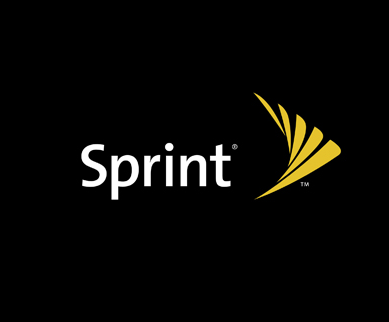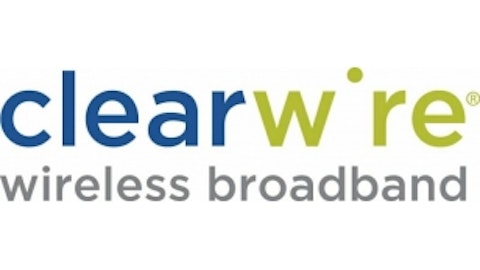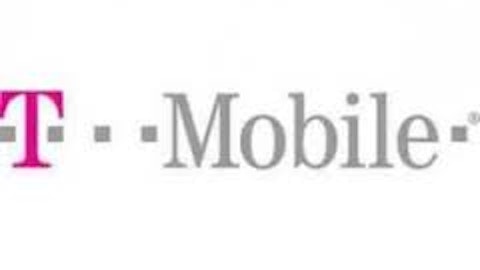In order to become a successful investor, it takes a love for finance, quite a bit of discipline, and a long-term mind-set. Another important factor that most investors often overlook is a penchant for cutting your losses early before you let a bad investment spiral out of control.
Today, I take a look at five companies that have taken investors for a roller-coaster ride filled with mounting losses. By focusing on these five companies’ accumulated deficit — which is the amount of net loss that is attained in a given quarter or year (be it through losses or writedowns) and added cumulatively to previous years’ net earnings or losses — you’ll be able to get a better idea of why I feel they have no chance of ever earning their keep with shareholders.
Sprint Nextel Corporation (NYSE:S)
It’s a good thing that SoftBank agreed to become a majority stakeholder in Sprint Nextel Corporation (NYSE:S), because the way the company was racking up losses was putting it on a course for irrelevance or perhaps even something worse.
As of the first quarter, Sprint Nextel Corporation (NYSE:S) had an accumulated deficit of an astonishing $45.5 billion. This service provider has fallen way behind its peers Verizon Communications Inc. (NYSE:VZ) and AT&T Inc. (NYSE:T) in terms of rolling out a next-generation 4G LTE network. Even more disturbing, it sold more than 5 million smartphones during the quarter, delivered its highest wireless service revenue, and also its highest average revenue per user in its history, and still lost money! As I see it, Sprint Nextel Corporation (NYSE:S)’s days of being relevant are long gone.
Cell Therapeutics Inc (NASDAQ:CTIC)
Certainly no discussion of companies with large accumulated deficits would be complete without discussing a biotechnology company. It’s perfectly understandable to see a biotech, especially a clinical-stage one, run with an accumulated deficit, as it takes time and money to build up a drug pipeline. However, after multiple complete response letters (the equivalent of a rejection) by the Food and Drug Administration and years without an approved drug, Cell Therapeutics Inc (NASDAQ:CTIC) racked up an astounding $1.83 billion in accumulated deficits through the end of fiscal 2012. By comparison, that’s nearly 56 times larger than its shareholder equity.
I have personally lost track of how many times this company has diluted shareholders with a secondary offering to stay afloat, but with the share price currently at $1.22 now and a reverse-split-adjusted $14,510 a share one decade ago, that should give you some idea of the danger of buying companies that let their losses grow unabated. Cell Therapeutics Inc (NASDAQ:CTIC) does, finally, have an approved drug in the EU known as Pixuvri to treat multiple relapsed or refractory aggressive non-Hodgkin B-cell lymphoma, but that’ll hardly make a dent and, in my opinion, certainly won’t get the company to profitability by itself.
Clearwire Corporation (NASDAQ:CLWR)
Trust me, there is no irony lost on me in the fact that Sprint Nextel Corporation (NYSE:S), which boasts an accumulated deficit that’s twice as high as its market value, is currently in a bidding war with DISH Network Corp. (NASDAQ:DISH) to purchase 4G wireless broadband specialist Clearwire Corporation (NASDAQ:CLWR), which has itself amassed an accumulated deficit of $2.57 billion as of the first quarter.
The big allure of Clearwire Corporation (NASDAQ:CLWR) is its vast spectrum assets. Beyond these assets, I’m not sure there would be a viable reason that Clearwire is still in business. Between 2005 and 2012, Clearwire burned through $10.6 billion in free cash outflow, mostly to expand its now-archaic WiMax network. Even its WiMax partner, Sprint, which has kept Clearwire Corporation (NASDAQ:CLWR) afloat on more than one occasion, didn’t seek out Clearwire for its 4G LTE buildout. Instead, Sprint opted initially for LightSquared and only succumbed to Clearwire Corporation (NASDAQ:CLWR)’s charm after the Federal Communications Commission struck down the use of LightSquared’s satellite network because of potential GPS interference. This is nothing more than a merger out of weakness for Clearwire.




